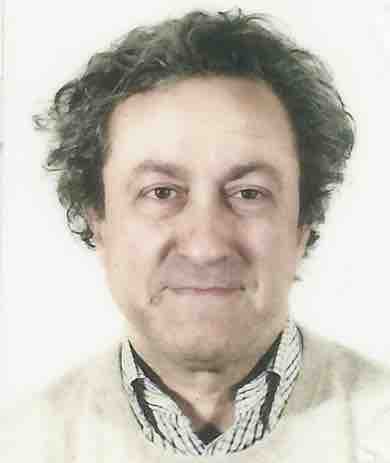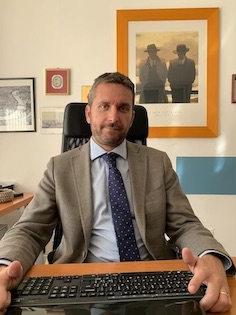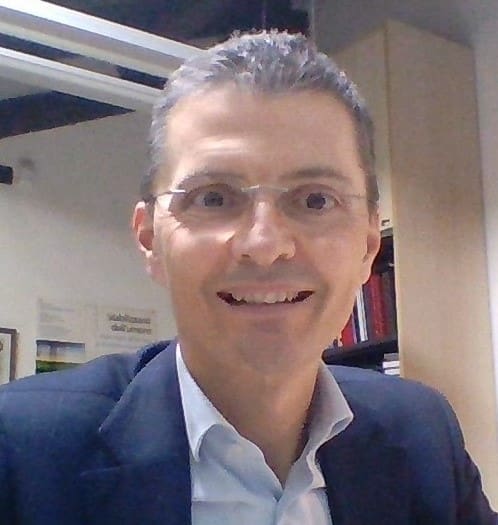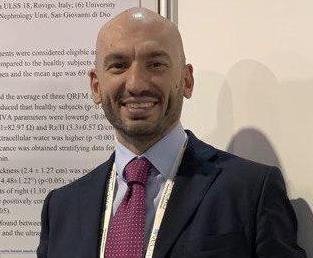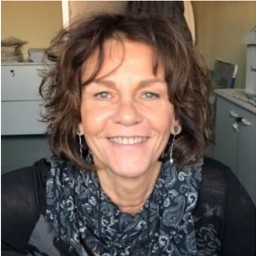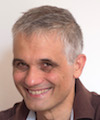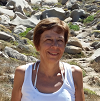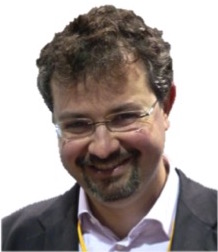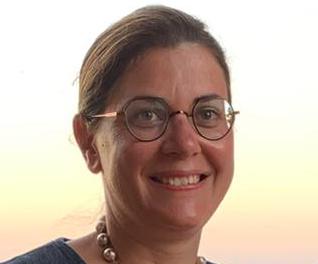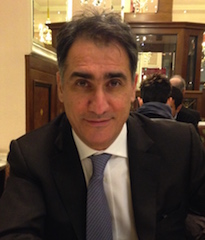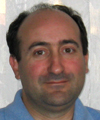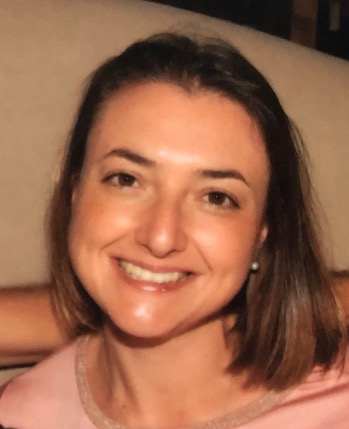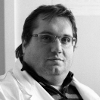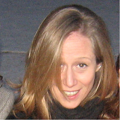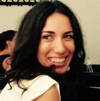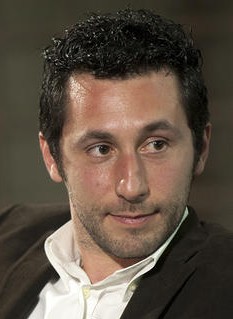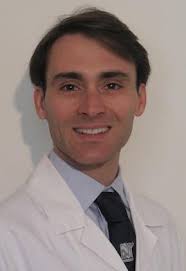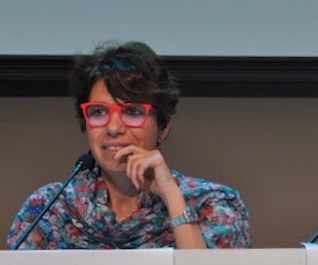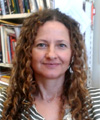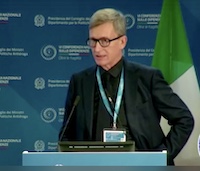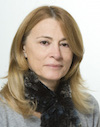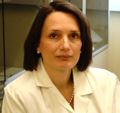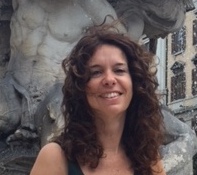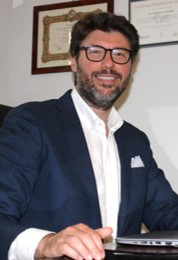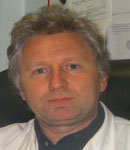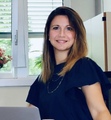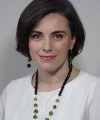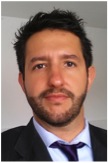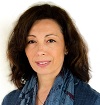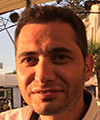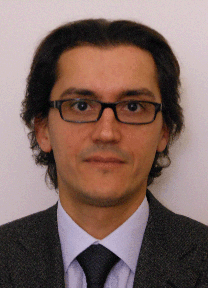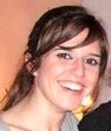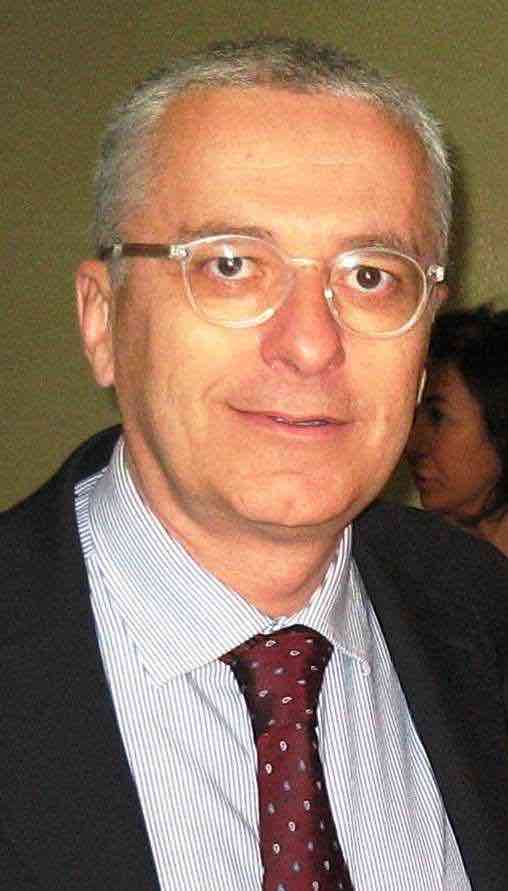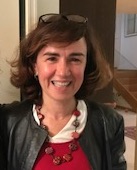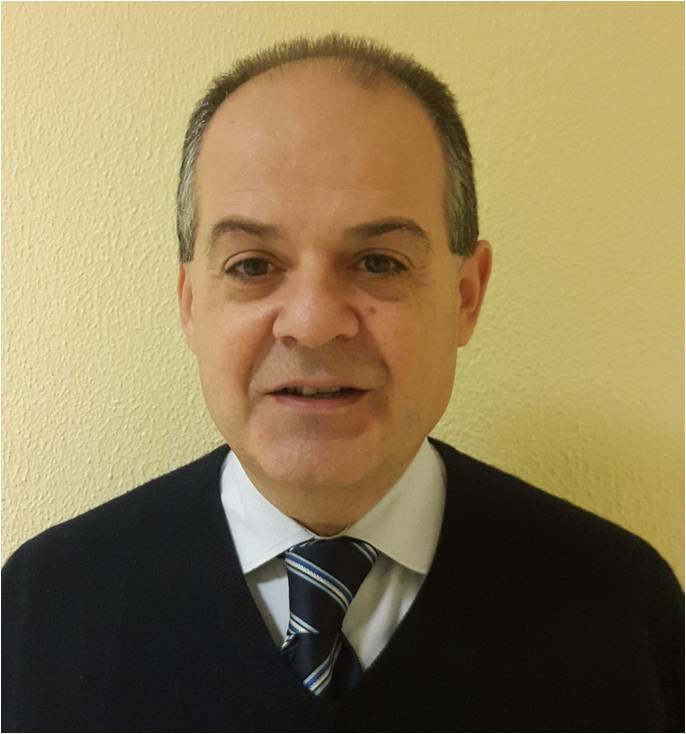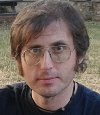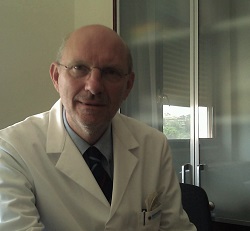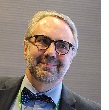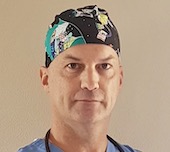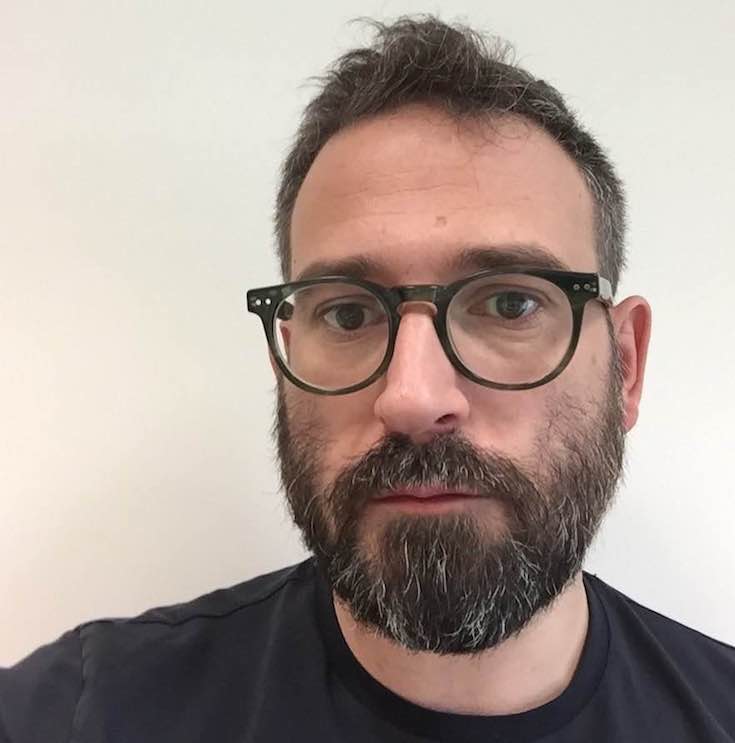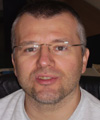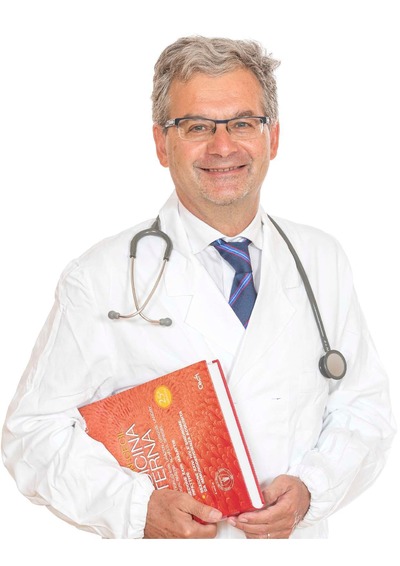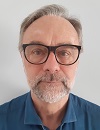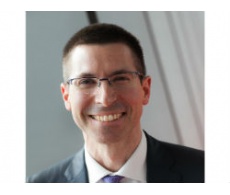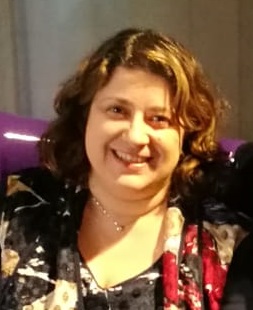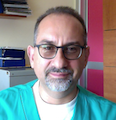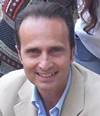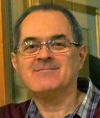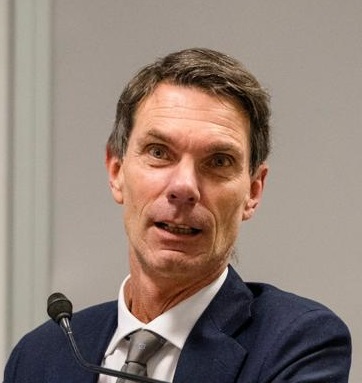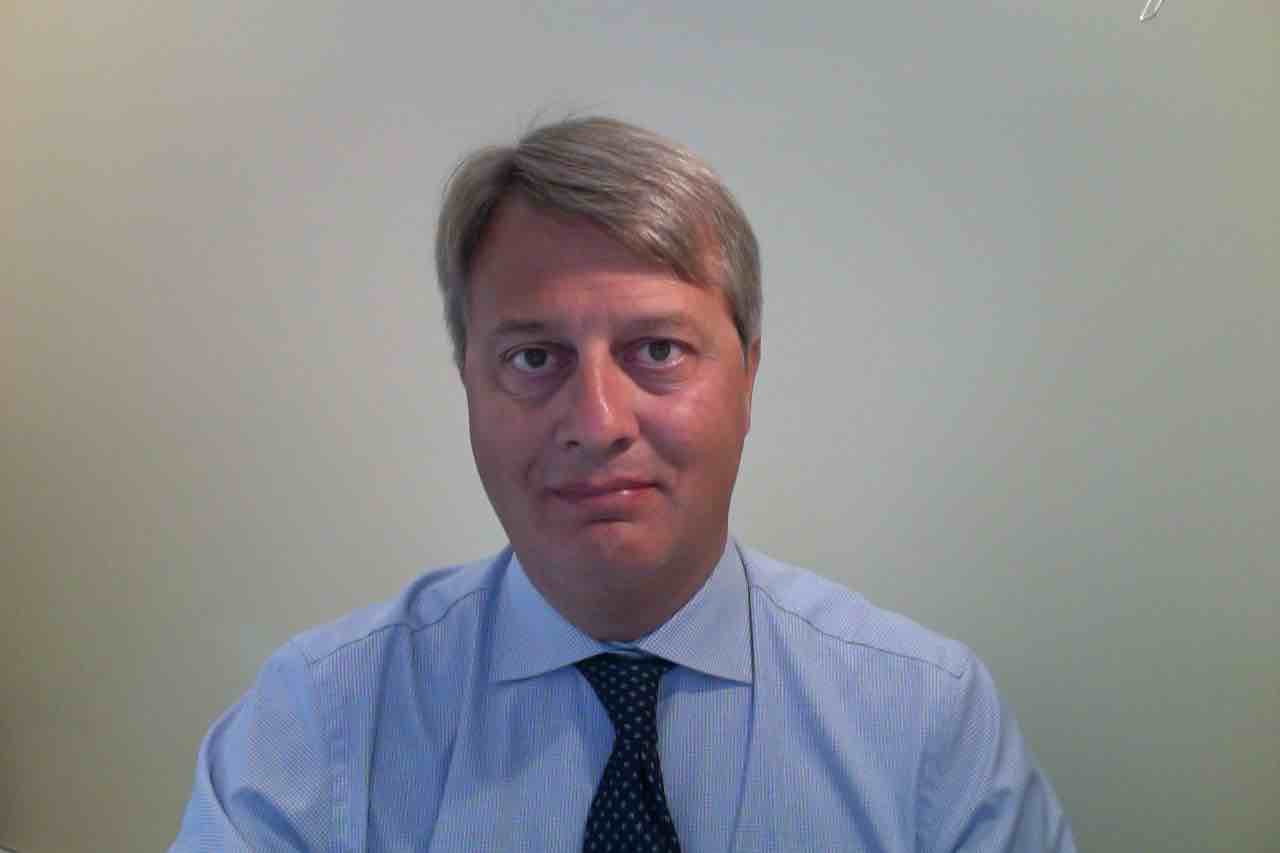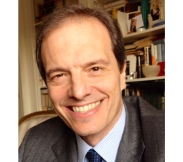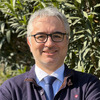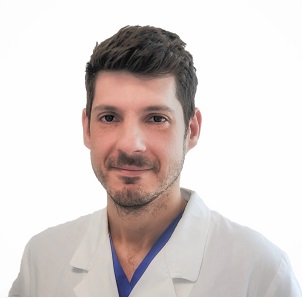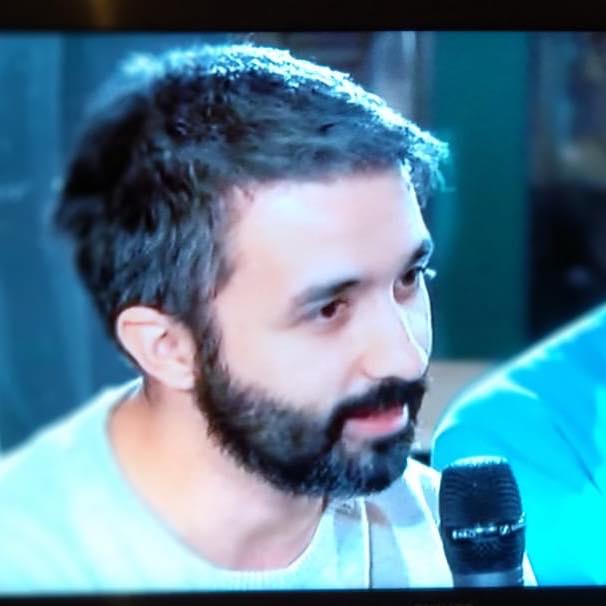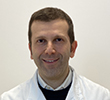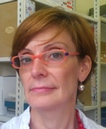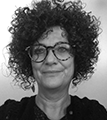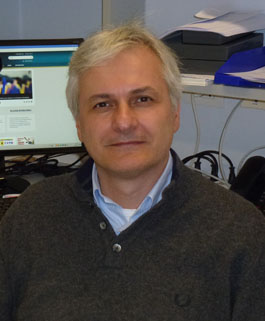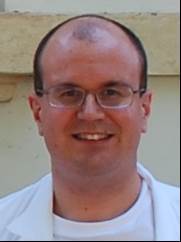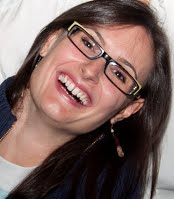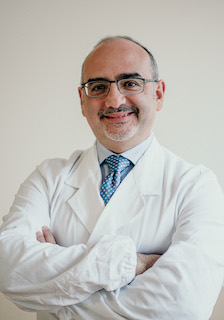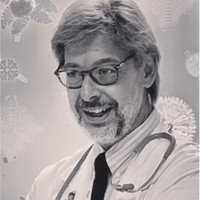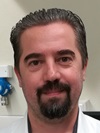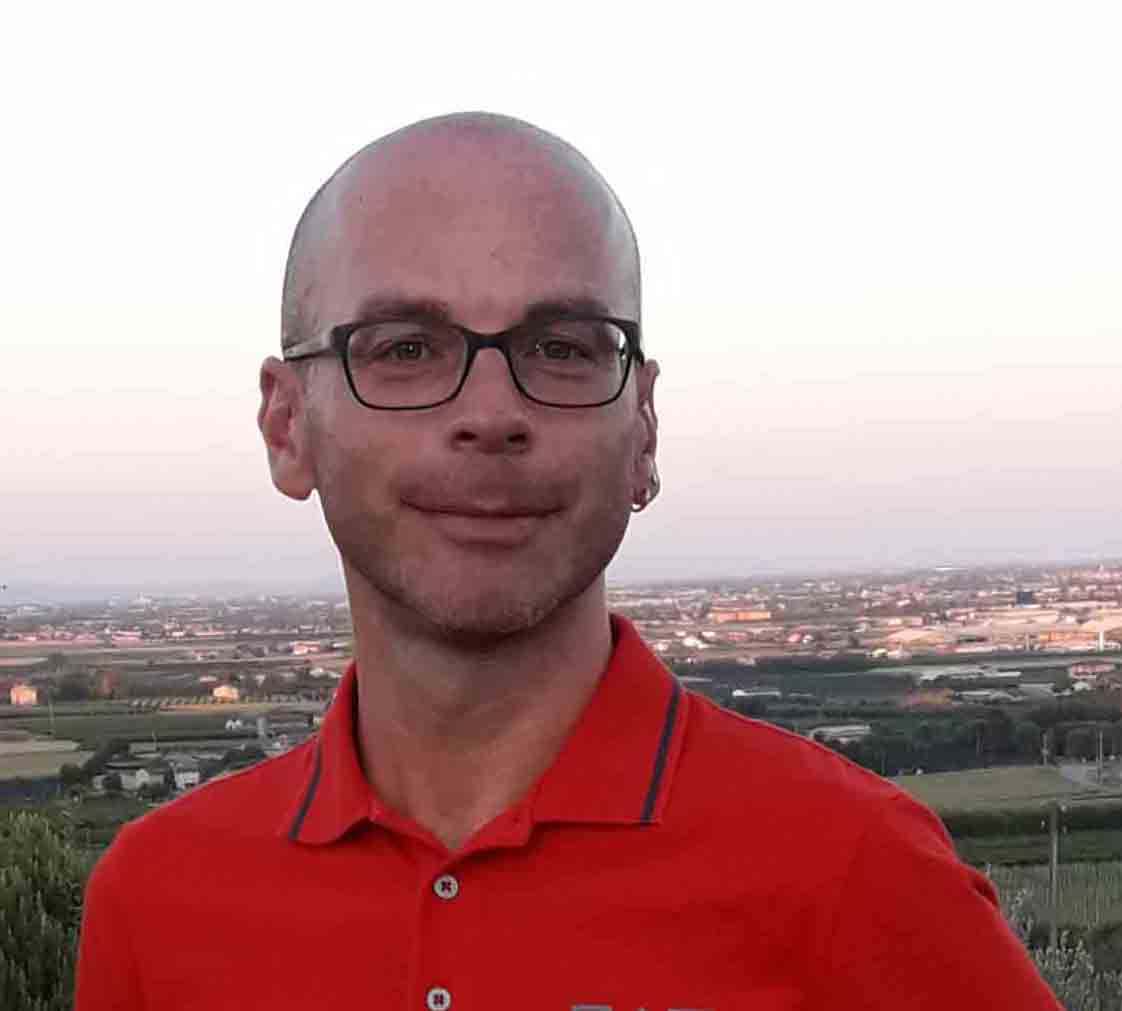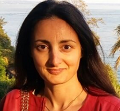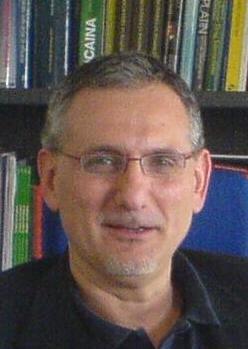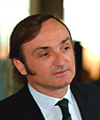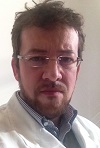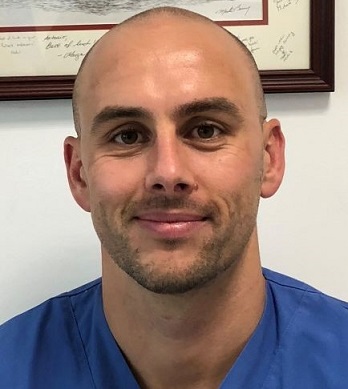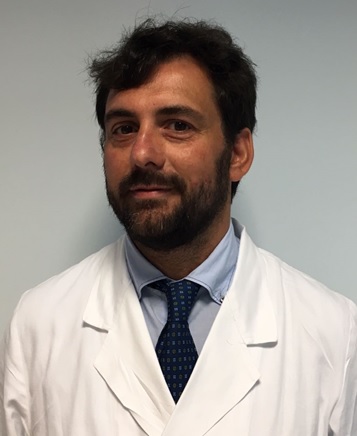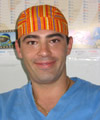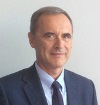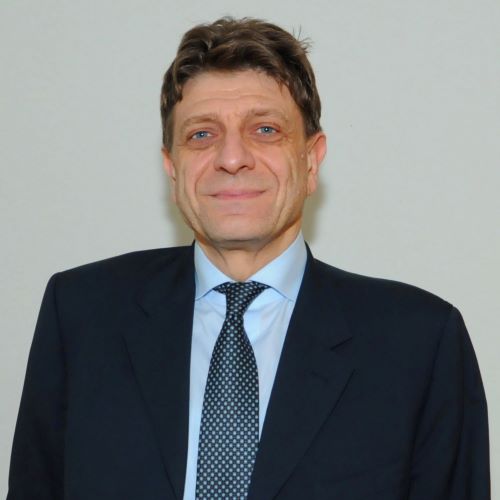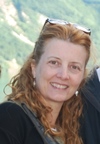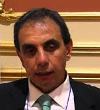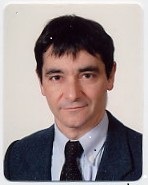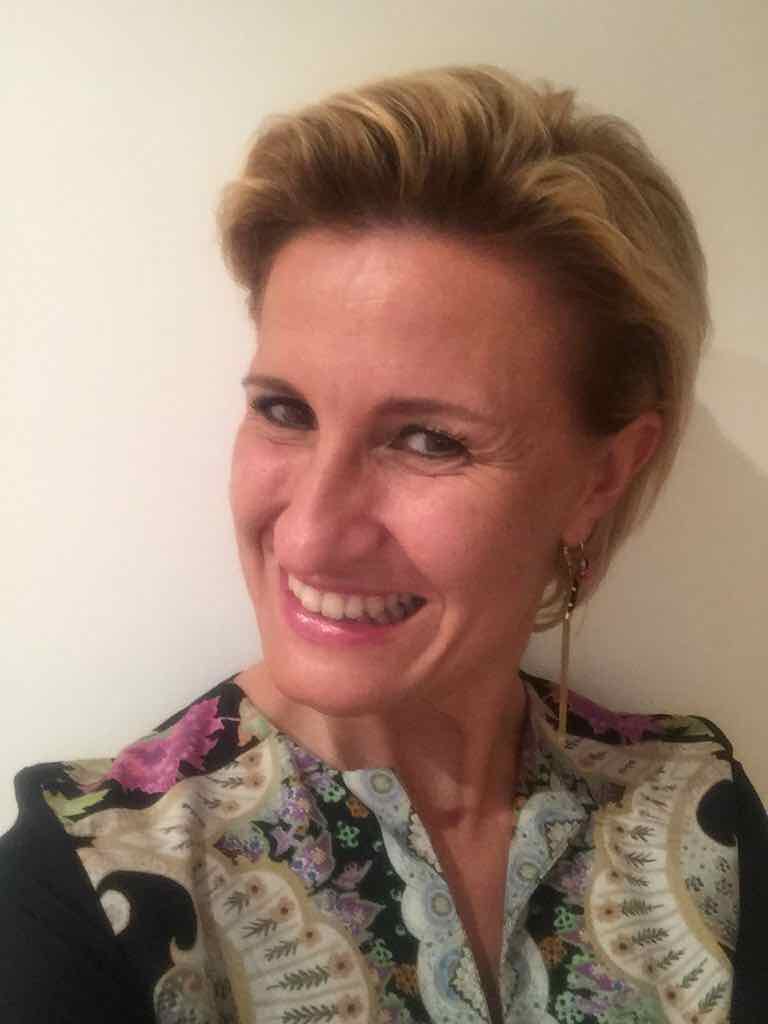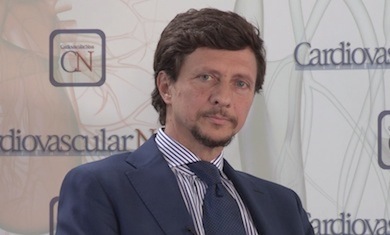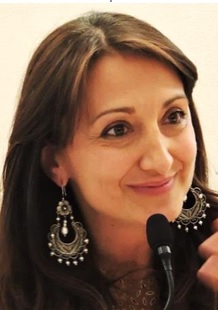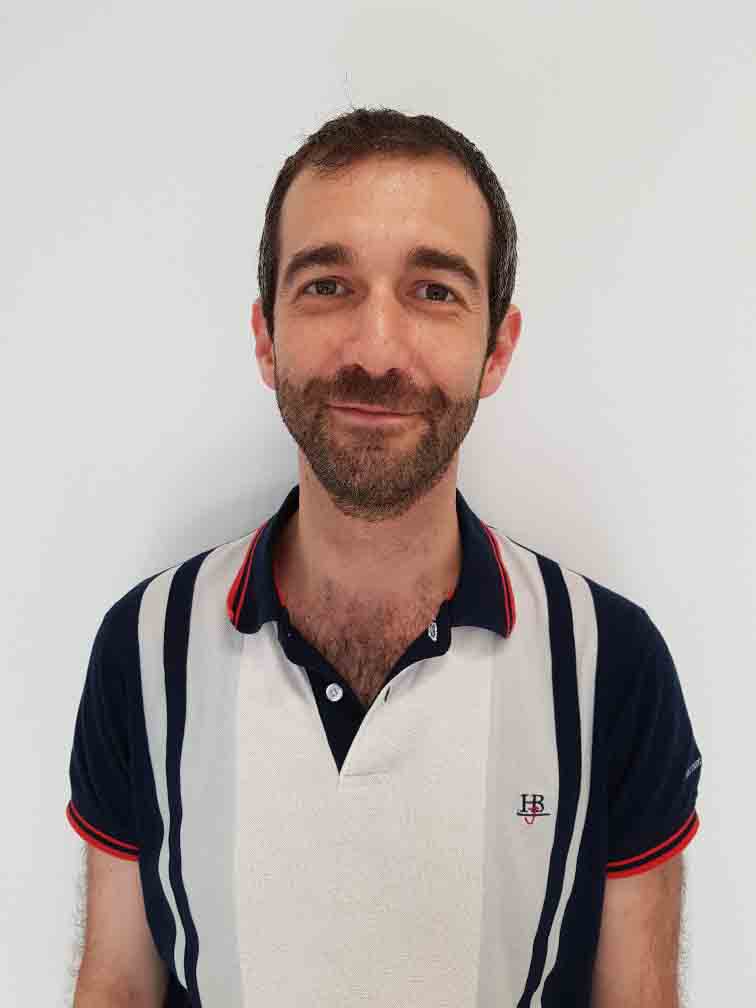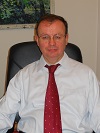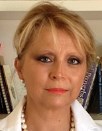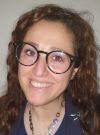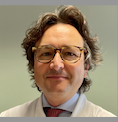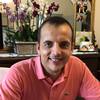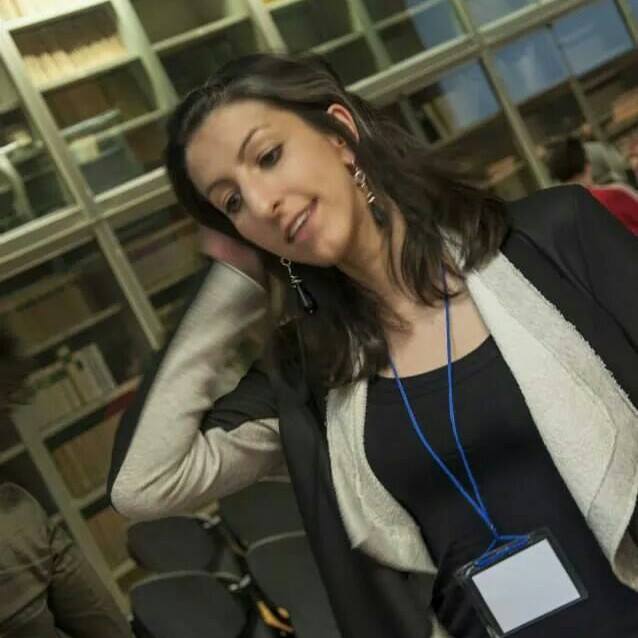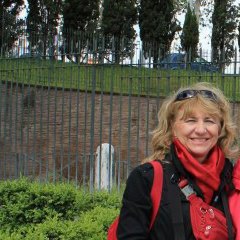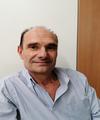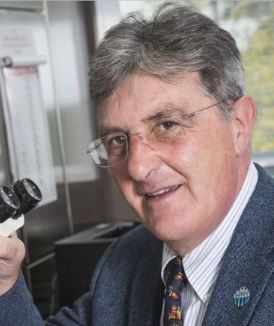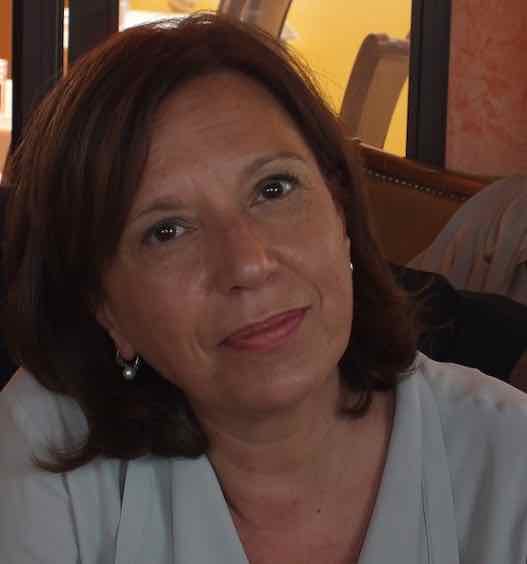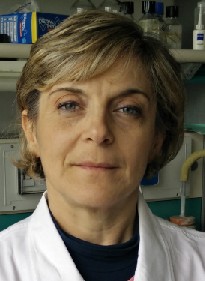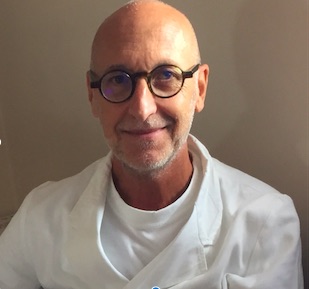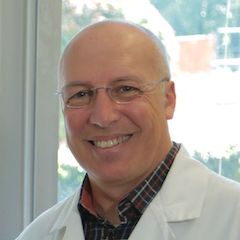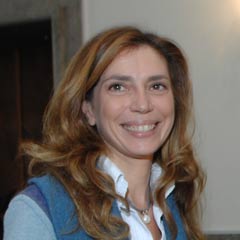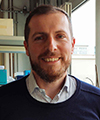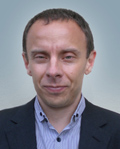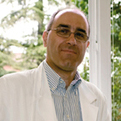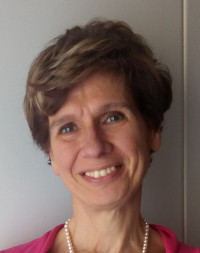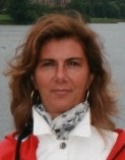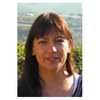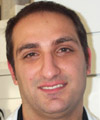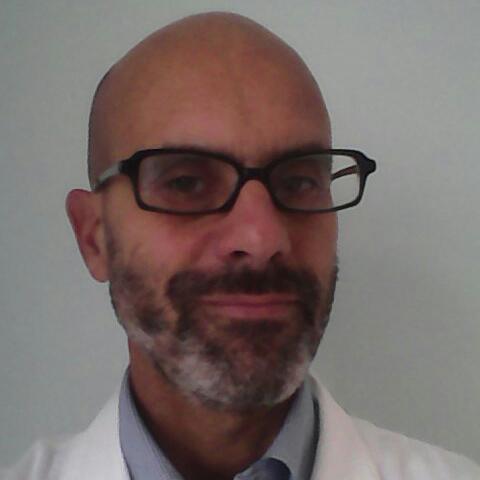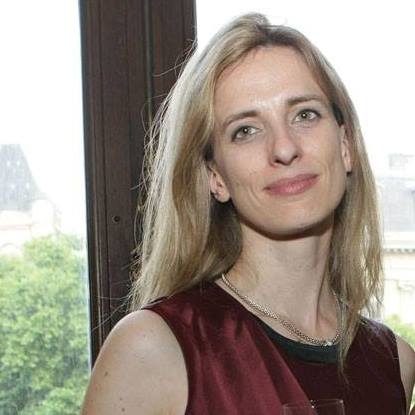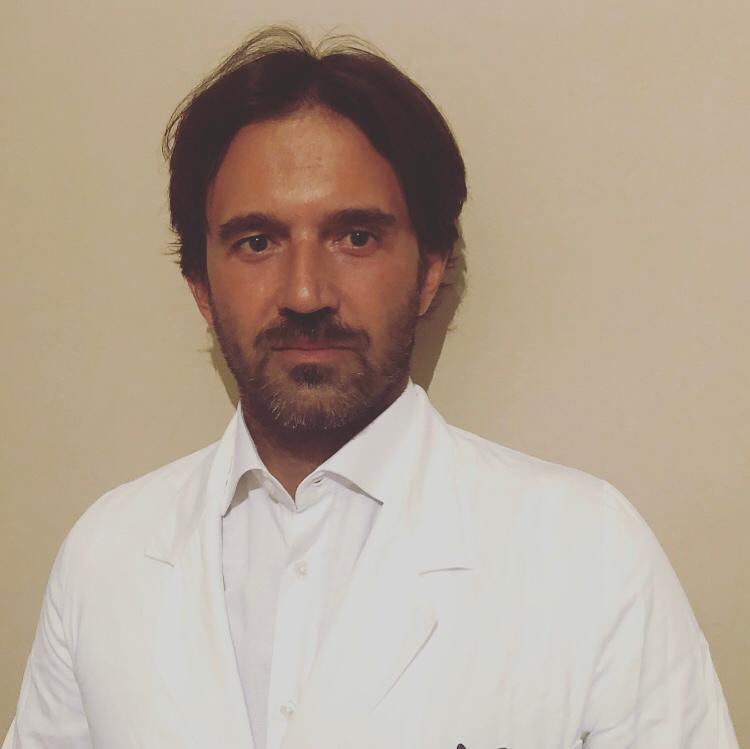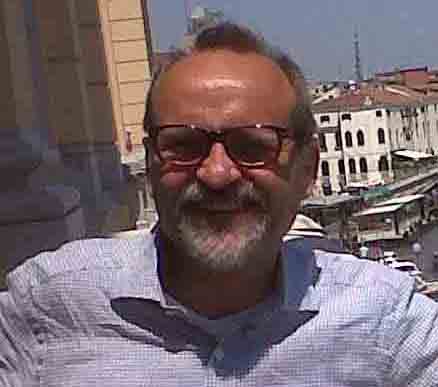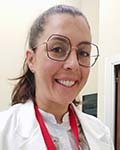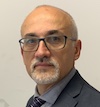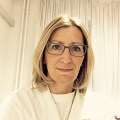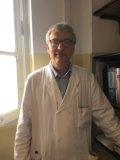Studying at the University of Verona
Academic calendar
The academic calendar shows the deadlines and scheduled events that are relevant to students, teaching and technical-administrative staff of the University. Public holidays and University closures are also indicated. The academic year normally begins on 1 October each year and ends on 30 September of the following year.
Course calendar
The Academic Calendar sets out the degree programme lecture and exam timetables, as well as the relevant university closure dates..
| Period | From | To |
|---|---|---|
| 1° semestre | Oct 1, 2020 | Dec 23, 2020 |
| 2° semestre | Feb 22, 2021 | May 28, 2021 |
| Session | From | To |
|---|---|---|
| Iscrizione ai corsi elettivi I semestre | Sep 4, 2020 | Oct 2, 2020 |
| Sessione per studenti fuori corso | Oct 1, 2020 | Sep 30, 2021 |
| Sessione invernale | Jan 4, 2021 | Feb 19, 2021 |
| Iscrizione ai corsi elettivi II semestre | Jan 13, 2021 | Feb 16, 2021 |
| Sessione estiva VI anno | Apr 1, 2021 | Jul 30, 2021 |
| Sessione estiva | Jun 3, 2021 | Jul 30, 2021 |
| Sessione autunnale | Sep 1, 2021 | Sep 30, 2021 |
| Session | From | To |
|---|---|---|
| Sessione straordinaria 2019/2020 - I laureandi straordinaria devono terminare gli esami entro il 19 febbraio 2021 | Mar 15, 2021 | Mar 26, 2021 |
| Sessione estiva - I laureandi nella sessione di luglio devono terminare gli esami entro il 15 giugno 2021 | Jul 5, 2021 | Jul 15, 2021 |
| Sessione autunnale - I laureandi di ottobre devono terminare gli esami entro il 25 settembre 2021 | Oct 11, 2021 | Oct 22, 2021 |
| Period | From | To |
|---|---|---|
| Festa dell'Immacolata | Dec 8, 2020 | Dec 8, 2020 |
| Vacanze Natalizie | Dec 24, 2020 | Jan 3, 2021 |
| VACANZE PASQUALI | Apr 2, 2021 | Apr 5, 2021 |
| Santo Patrono | May 21, 2021 | May 21, 2021 |
| Vacanze Estive | Aug 9, 2021 | Aug 15, 2021 |
| Description | Period | From | To |
|---|---|---|---|
| Esercitazioni, Attività pratiche, Tirocini professionalizzanti | Esercitazioni, Attività pratiche, Tirocini professionalizzanti | Oct 1, 2020 | Sep 30, 2021 |
Exam calendar
Exam dates and rounds are managed by the relevant Medicine Teaching and Student Services Unit.
To view all the exam sessions available, please use the Exam dashboard on ESSE3.
If you forgot your login details or have problems logging in, please contact the relevant IT HelpDesk, or check the login details recovery web page.
Should you have any doubts or questions, please check the Enrollment FAQs
Academic staff
 annalisa.adamo@gmail.com
annalisa.adamo@gmail.com
 elena.antelmi@univr.it
elena.antelmi@univr.it
 yuri.battaglia@univr.it
yuri.battaglia@univr.it
 mario.debellis_01@univr.it
mario.debellis_01@univr.it
 nic.depretis@yahoo.it
nic.depretis@yahoo.it
 davide.gatti@univr.it
davide.gatti@univr.it
 guido.martignoni@univr.it
guido.martignoni@univr.it
 sara.pilotto@univr.it
sara.pilotto@univr.it
 elda.righi@univr.it
elda.righi@univr.it
Study Plan
The Study Plan includes all modules, teaching and learning activities that each student will need to undertake during their time at the University.
Please select your Study Plan based on your enrollment year.
1° Year
| Modules | Credits | TAF | SSD |
|---|
2° Year activated in the A.Y. 2021/2022
| Modules | Credits | TAF | SSD |
|---|
3° Year activated in the A.Y. 2022/2023
| Modules | Credits | TAF | SSD |
|---|
4° Year activated in the A.Y. 2023/2024
| Modules | Credits | TAF | SSD |
|---|
5° Year It will be activated in the A.Y. 2024/2025
| Modules | Credits | TAF | SSD |
|---|
6° Year It will be activated in the A.Y. 2025/2026
| Modules | Credits | TAF | SSD |
|---|
| Modules | Credits | TAF | SSD |
|---|
| Modules | Credits | TAF | SSD |
|---|
| Modules | Credits | TAF | SSD |
|---|
| Modules | Credits | TAF | SSD |
|---|
| Modules | Credits | TAF | SSD |
|---|
| Modules | Credits | TAF | SSD |
|---|
Legend | Type of training activity (TTA)
TAF (Type of Educational Activity) All courses and activities are classified into different types of educational activities, indicated by a letter.
Free choice courses
Neurology (2024/2025)
Teaching code
4S01156
Credits
7
Language
Italian
Courses Single
AuthorizedThe teaching is organized as follows:
NEUROCHIRURGIA
Credits
1
Period
2° semestre
Location
VERONA
Academic staff
Not yet assigned
MEDICINA FISICA E RIABILITATIVA
Credits
1
Period
2° semestre
Location
VERONA
Academic staff
Not yet assigned
NEUROLOGIA CLINICA
Credits
5
Period
See the unit page
Location
VERONA
Academic staff
See the unit page
Learning objectives
The goal of the course is to train medical students in acquiring the skills for the recognition of neurological disorder presentations, the formulation of a differential diagnosis, the treatment of common neurological diseases.
Students should be able to elicit a pertinent general and neurological history, recognize symptoms and signs of acute and chronic neurological disorders, perform an appropriate neurological examination, and use the related terminology.
Students should be able to select the appropriate investigations for neurological diagnostics, and be familiar with pharmacological and neurosurgical management, in addition to neurorehabilitation strategies.
Career prospects
Module/Programme news
News for students
There you will find information, resources and services useful during your time at the University (Student’s exam record, your study plan on ESSE3, Distance Learning courses, university email account, office forms, administrative procedures, etc.). You can log into MyUnivr with your GIA login details: only in this way will you be able to receive notification of all the notices from your teachers and your secretariat via email and soon also via the Univr app.
Erasmus+ e altre esperienze all'estero
Extra courses and activities
Opzioni (cambio di ordinamento)
Studenti iscritti alla classe LM/41 (Classe delle lauree magistrali in medicina e chirurgia)
Il MUR, con nota prot. n. 8610 del 25/3/2020 avente oggetto: “Abilitazione all’esercizio della professione di Medico-Chirurgo - art. 102 - Decreto legge 17 marzo 2020 n. 18 (convertito con modificazioni dalla L. 24 aprile 2020, n. 27), dispone l’adeguamento dell’ordinamento della classe LM/41 alle normative citate in oggetto.
Coloro i quali hanno concluso/concluderanno il tirocinio pratico-valutativo pre-lauream con giudizio di idoneità (ai sensi del DM 58/2018), conseguita la laurea, sono abilitati all’esercizio della professione di medico-chirurgo e possono procedere all’iscrizione presso l’Ordine dei Medici.
Rilascio del titolo di abilitazione
Ai fini del rilascio dell’abilitazione professionale è richiesto il pagamento delle seguenti tasse:
- tassa erariale pari a € 49,90 da versarsi prima che inizi la frequenza del tirocinio pratico valutativo
- tassa regionale di abilitazione da versarsi all’atto della consegna del titolo di abilitazione.
Studenti iscritti alla classe 46/S (Classe delle lauree specialistiche in medicina e chirurgia) e ordinamenti previgenti (attualmente fuori corso) oppure studenti iscritti alla classe LM/41 con coorti antecedenti alla coorte 2014 (attualmente fuori corso).
Il MUR, con nota prot. n. 8610 del 25/3/2020 avente oggetto: “Abilitazione all’esercizio della professione di Medico-Chirurgo - art. 102 - Decreto legge 17 marzo 2020 n. 18” dispone che, gli iscritti agli ordinamenti previgenti, con tirocinio pratico previsto post – laurea (ai sensi del DM 445/2001), ferme restando le norme sulla decadenza dagli studi, possono concludere il percorso di studio senza dovere necessariamente acquisire, ai fini dell’ammissione all’esame finale di laurea, il giudizio di idoneità del suddetto tirocinio pratico valutativo. In tal caso il diploma di laurea che rilascerà l’Ateneo avrà la sola valenza di titolo accademico. Resterà ferma, in ogni caso la possibilità per tali soggetti di conseguire eventualmente l’abilitazione all’esercizio della professione di medico-chirurgo in un momento successivo, secondo le modalità di cui al comma 2 dell’art.102, cioè conseguendo la valutazione del tirocinio prescritta dal D.M. n. 445/2001. L’Ateneo continuerà a predisporre un separato diploma di abilitazione.
Si ricorda che ai suddetti studenti è in ogni caso consentita l’opzione al nuovo ordinamento secondo i termini e le modalità previste.
Documents
| Title | Info File |
|---|---|
|
|
pdf, it, 525 KB, 14/06/21 |
|
|
pdf, it, 419 KB, 14/06/21 |
|
|
pdf, it, 377 KB, 12/12/23 |
|
|
pdf, it, 483 KB, 10/02/23 |
|
|
pdf, it, 481 KB, 10/02/23 |
Timetable
Documents
| Title | Info File |
|---|---|
|
|
pdf, it, 19 KB, 12/02/24 |
|
|
pdf, it, 18 KB, 28/02/24 |
|
|
pdf, it, 21 KB, 29/02/24 |
|
|
pdf, it, 21 KB, 27/02/24 |
|
|
pdf, it, 18 KB, 07/03/24 |
|
|
pdf, it, 12 KB, 21/02/24 |
|
|
pdf, it, 781 KB, 29/02/24 |
|
|
pdf, it, 280 KB, 29/11/23 |
|
|
pdf, it, 548 KB, 22/09/23 |
Graduation
Documents
| Title | Info File |
|---|---|
|
|
pdf, it, 353 KB, 28/02/24 |
|
|
pdf, it, 249 KB, 22/02/24 |
|
|
pdf, it, 354 KB, 22/02/24 |
|
|
pdf, it, 248 KB, 22/02/24 |
|
|
pdf, it, 351 KB, 22/02/24 |
|
|
pdf, it, 249 KB, 22/02/24 |
|
|
pdf, it, 104 KB, 25/09/23 |
|
|
pdf, it, 838 KB, 17/03/22 |
|
|
pdf, it, 826 KB, 27/10/21 |
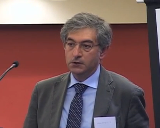
 045 8124930
045 8124930


